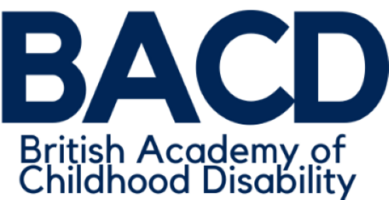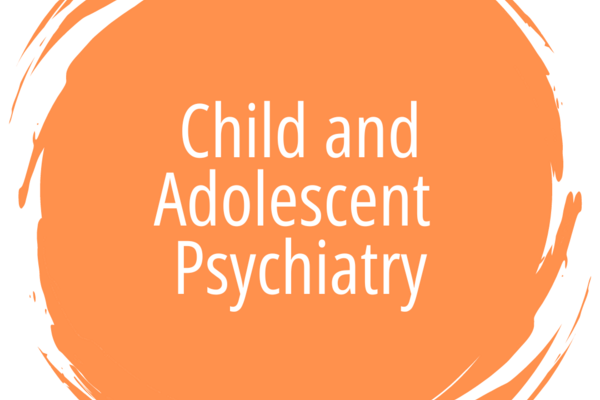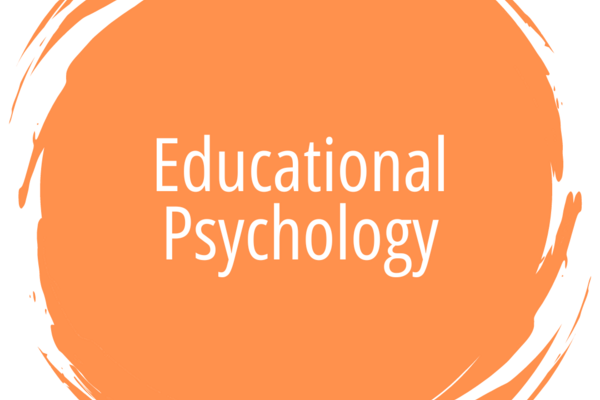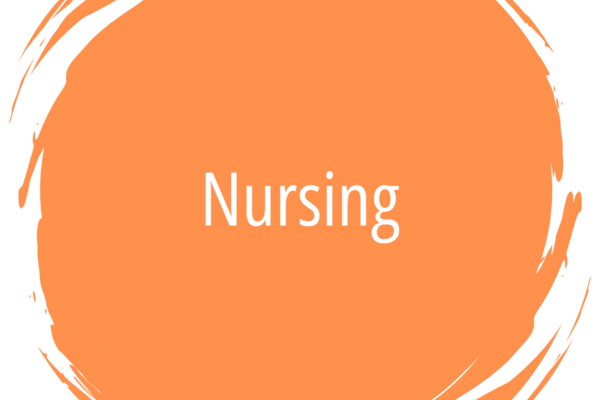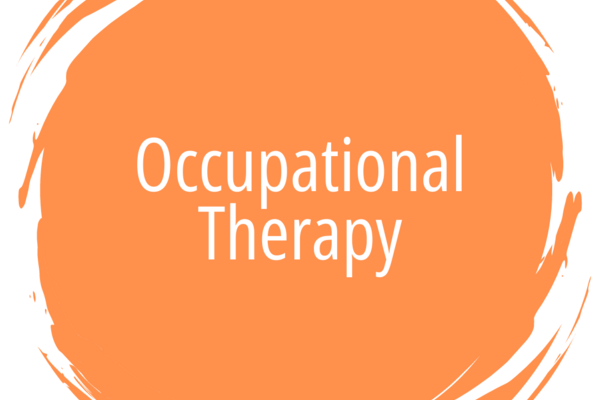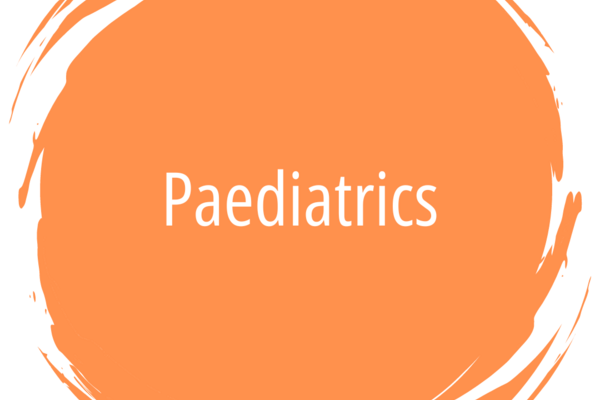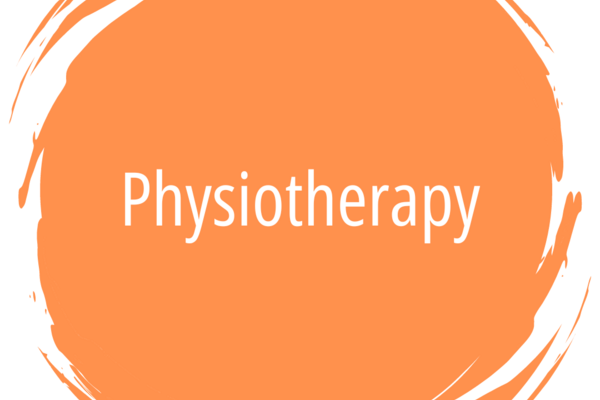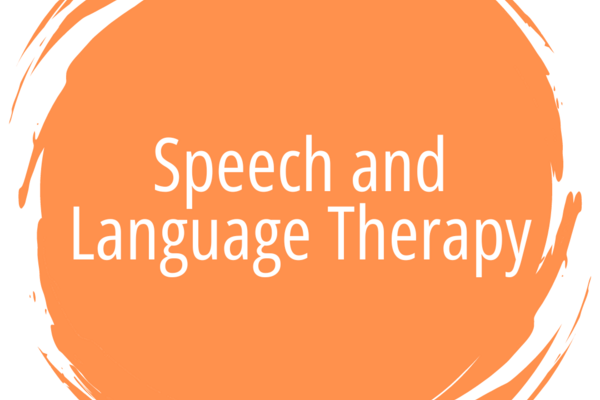Childhood disability is a fascinating and varied field concerning the management of children and young people with disabilities resulting from congenital or acquired long-term conditions, which are generally due to impairment in the nervous or musculoskeletal systems and can be static or progressive in nature.
Neurodisability describes a group of congenital or acquired long-term conditions that are attributed to impairment of the brain and/or neuromuscular system and create functional limitations. A specific diagnosis may not be identified. Conditions may vary over time, occur alone or in combination, and include a broad range of severity and complexity. The impact may include difficulties with movement, cognition, hearing and vision, communication, emotion, and behaviour (Morris, C., Janssens, A., Tomlinson, R., Williams, J. and Logan, S. (2013), Towards a definition of neurodisability: a Delphi survey. Dev Med Child Neurol, 55: 1103-1108).
Neurodisability covers a wider range of clinical aspects and conditions, including acquired brain injury, complex health needs, epilepsy, feeding and nutrition, learning disability, motor disorders (such as cerebral palsy), neuromuscular disorders, social communication disorders, speech and language disorders, sleep difficulties, tone and postural management and visual impairment. Other important aspects are advocacy, safeguarding and wellbeing, liaising with education services, palliative care considerations, recognising psychological and mental health needs and transition to adult services, with an overall focus on promoting the best possible participation and quality of life.
A child or young person with neurodisability will see many professionals within the multi-disciplinary team. Click on the links below to find out more.
